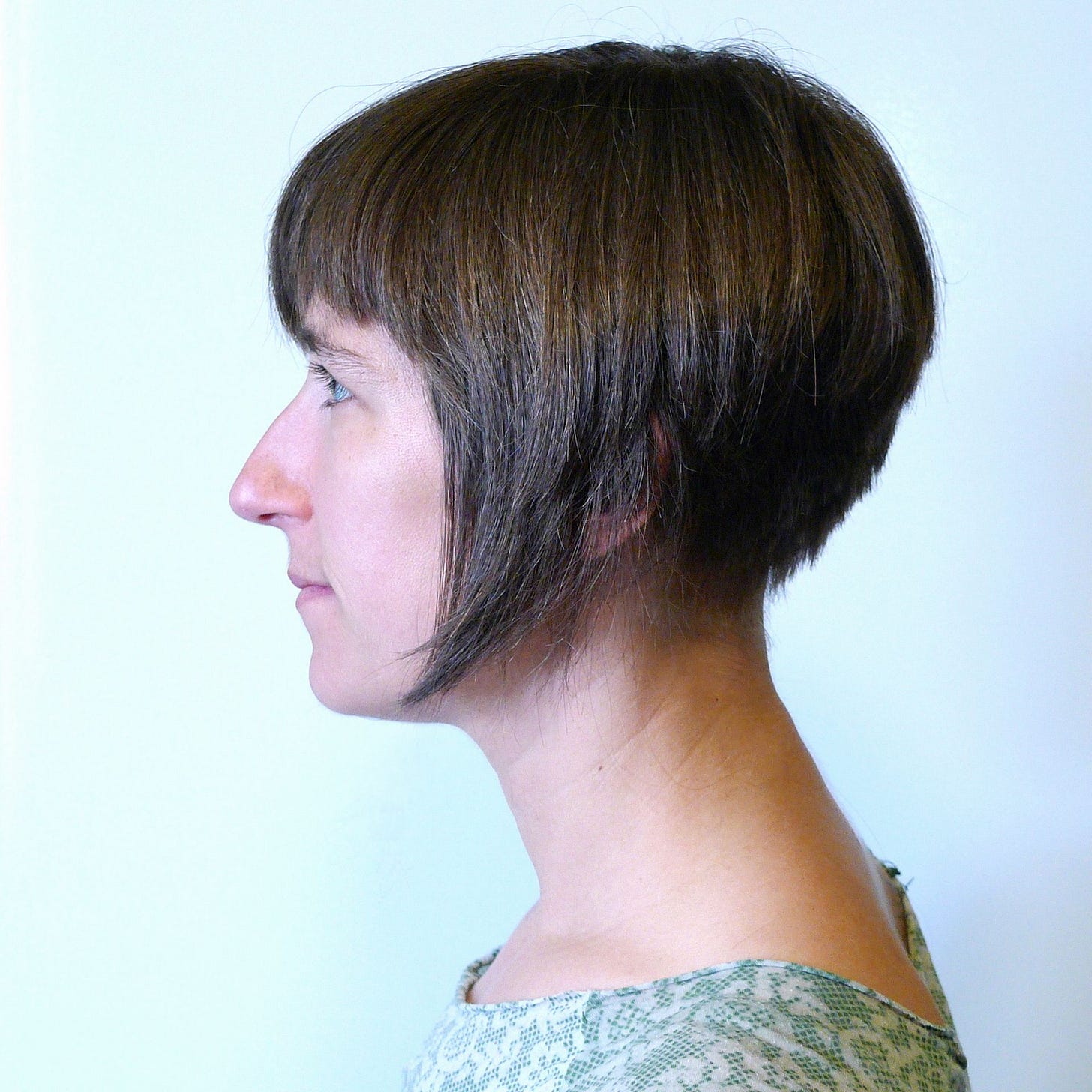Are Karens Feminist?
The viral female archetype is complicated. Dramatizing her entitlement, she's at once familiar to the philosophers and a new phenomenon entirely.
I WAS LOOKING for an excuse to dip into psychedelic French feminism of the 1970s when a new Karen video barged into my timeline. There she was: Another white woman, shrieking, stabbing the air, berserk over obscure and chronically unmet needs.
Bingo. Hysteria in public spaces! A sexist trope to be mischievously “reclaimed”! French feminists, if I remember right, often relish extravagant displays of feminine emotion as both a symptom of patriarchy—and a protest against it. L'hystérie Karennesque might yield to their analysis, and even introduce a new archetype of the unruly woman, akin to Molly Bloom or Medusa. Thus I consulted the work of Hélène Cixous (b. 1937), the Algerian-born rhetorician; Julia Kristeva (b. 1941), the scholar of abjection and horror; and Luce Irigaray (b. 1930), author of Speculum of the Other Woman, which must have the greatest feminist title of all time. One of their shared domains is hysteria, which they—with a commitment to complexity over clarity—seek to “problematize,” using ample scare quotes.
Karen is, of course, the generic name for the ubiquitous American harpy who pitches fits about masks and sometimes about race in public spaces. Rules are galling to Karen. They drive her to madness.
Keep reading with a 7-day free trial
Subscribe to Magic + Loss to keep reading this post and get 7 days of free access to the full post archives.





